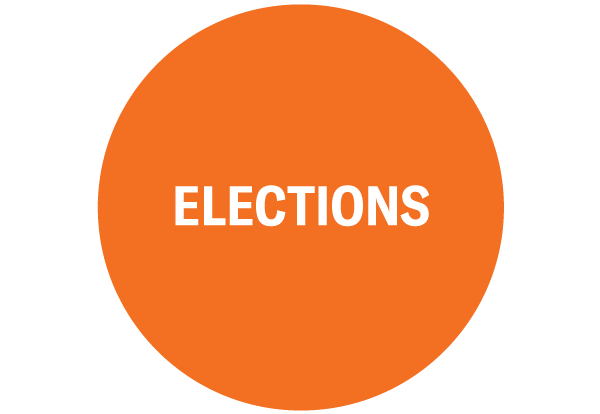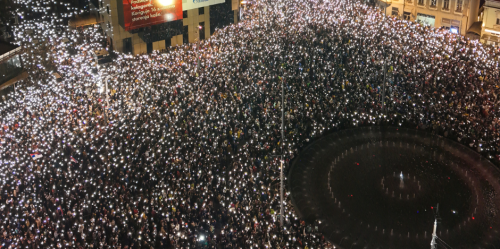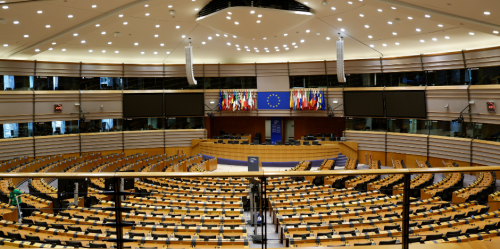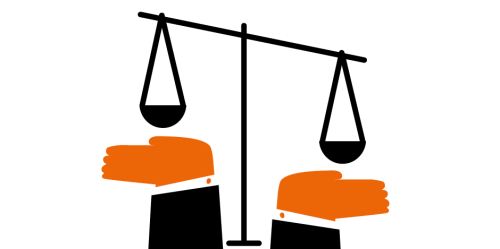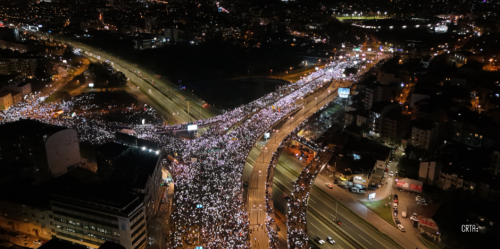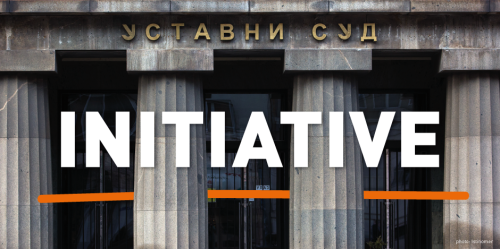The European Court of Human Rights (ECHR) has issued an interim measure ordering the Republic of Serbia to refrain, until further notice, from using sonic devices for the purpose of controlling assembled citizens. This decision follows a request submitted on behalf of 47 citizens by civil society organizations – the Belgrade Centre for Human Rights,…
As the government fails to halt the growing trend of dissatisfaction and mistrust among Serbian citizens, support for the protests and students remains high even after five months, standing at 59% according to the findings of CRTA’s public opinion research. At least half of the adult population is dissatisfied with nearly every aspect of the…
Bed bugs are devouring people who were put in jail for telling the truth. Zoran Đajić is now one of those people. Since the truth he revealed to us was so solid and informed, it was particularly painful to the corrupted and alienated leadership of the state. He pointed a finger to the high officials…
Read the full speech of Rasa Nedeljkov, Crta’s Program Director at the session of the PACE monitoring committee held on the 8 April 2025. Honorable members of the Committee, respected monitoring co-rapporteurs, For over five months, citizens of Serbia have been filling the streets to demand the rule of law, separation of powers, and protection…
Late last night, the European Court of Human Rights requested that the Republic of Serbia provide answers to questions regarding the possible use of sonic weapons at the protest in Belgrade on March 15, 2025. The Government has been given until March 31 of this year to clarify whether prohibited means were used against the…
On March 13, CRTA filed a criminal complaint for unauthorized handling of information and documentation seized from CRTA during a raid conducted by members of the Criminal Police Directorate (UKP) and for forwarding this information to the President of the Republic. The complaint states that the following criminal offenses were committed: Abuse of Office (Article…
Media reporting in Serbia during 2024 has been characterized by a biased portrayal of foreign actors, with the dominance of propaganda and manipulative narratives that favor Russia and China while portraying the West in a negative light. This trend has remained consistent for years. The United States and Russia were the most frequently covered actors…
Students’ protests have become a key driver of political and social change in Serbia, with the potential for further expansion and growing support, according to a new public opinion survey conducted by CRTA. Even after nearly three months, students’ protests are not fading — actually, they are gaining stronger support. Around 80% of Serbian citizens…
CRTA has submitted an initiative to the Constitutional Court of Serbia requesting a review of the constitutionality of 54 laws adopted during the Second Session of the Second Regular Sitting of the National Assembly, held from November 25 to 27, 2024. In the document numbering thousands of pages, that was submitted to the Constitutional Court,…
Our topics

Democratic culture
Because politics is not just for politicians. It is our human and citizen right to participate in the processes of making decisions which influence our lives. A dialogue has no alternative.

Free and fair elections
Because elections are the pillars of democracy. It is every citizen’s right to decide on whom to give his/her vote in free and fair conditions. Our vote is valuable and it can make a difference.

Open institutions
Because institutions serve the citizens. We need strong institutions with integrity which protect the public interest.
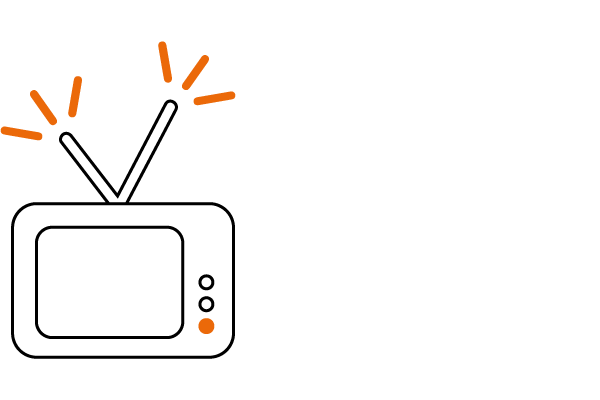
Free media
Because media should ask questions and critically analyse the reality. We need the media which protect the public interest and tackle the needs of the citizens.






